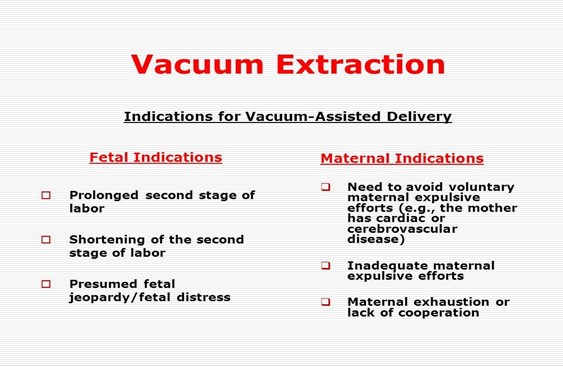What is the highest priority nursing intervention when admitting a pregnant woman who has experienced a bleeding episode in late pregnancy?
Assessing fetal heart rate (FHR) and maternal vital signs
Performing a venipuncture for hemoglobin and hematocrit levels
Monitoring uterine contractions
Placing clean disposable pads to collect any drainage
The Correct Answer is A
Assessing fetal heart rate (FHR) and maternal vital signs would be the highest priority nursing intervention when admitting a pregnant woman who has experienced a bleeding episode in late pregnancy. This is because fetal distress or maternal instability may require immediate medical intervention, such as delivery via emergency cesarean section or blood transfusions, respectively.
Therefore, assessing the FHR and maternal vital signs will help to determine the urgency of the situation and guide the next steps in the management of the patient. Once the patient's condition has stabilized, performing venipuncture for hemoglobin and hematocrit levels, monitoring uterine contractions, and placing clean disposable pads to collect any drainage can be done as appropriate.
Nursing Test Bank
Naxlex Comprehensive Predictor Exams
Related Questions
Correct Answer is C
Explanation
The most common indication for a vacuum-assisted delivery is a prolonged second stage of labor, which means that the mother has been pushing for an extended period without effective descent of the fetal head. The vacuum can help to provide traction to the fetal head and assist with delivery.
Option A is incorrect because a vacuum-assisted delivery is not indicated for the prevention of fetal abnormalities.
Option B is incorrect because a vacuum-assisted delivery is not indicated for the prevention of maternal hemorrhage.
Option D is incorrect because a prolonged first stage of labor is not an indication of
vacuum-assisted delivery. In this case, other interventions, such as augmentation of labor with oxytocin, may be used.

Correct Answer is C
Explanation
Health literacy is defined as the degree to which an individual can obtain, process, and
understand basic health information and services needed to make appropriate health decisions. Basic functional health literacy refers to an individual's ability to read and understand simple health information and instructions.
While all the clients mentioned may be demonstrating health literacy, the ability to read and understand discharge instructions after routine surgery is a basic functional health literacy skill. This client is able to comprehend written health information and follow simple instructions, which is an important aspect of managing their own health care.
The other clients mentioned may be displaying a higher level of health literacy, such as the client who is teaching a class about cancer survival or the client with Type II Diabetes who is using nutritional information to make a grocery list. These individuals may have a greater ability to understand and apply complex health information and navigate the healthcare system.
Whether you are a student looking to ace your exams or a practicing nurse seeking to enhance your expertise , our nursing education contents will empower you with the confidence and competence to make a difference in the lives of patients and become a respected leader in the healthcare field.
Visit Naxlex, invest in your future and unlock endless possibilities with our unparalleled nursing education contents today
Report Wrong Answer on the Current Question
Do you disagree with the answer? If yes, what is your expected answer? Explain.
Kindly be descriptive with the issue you are facing.
